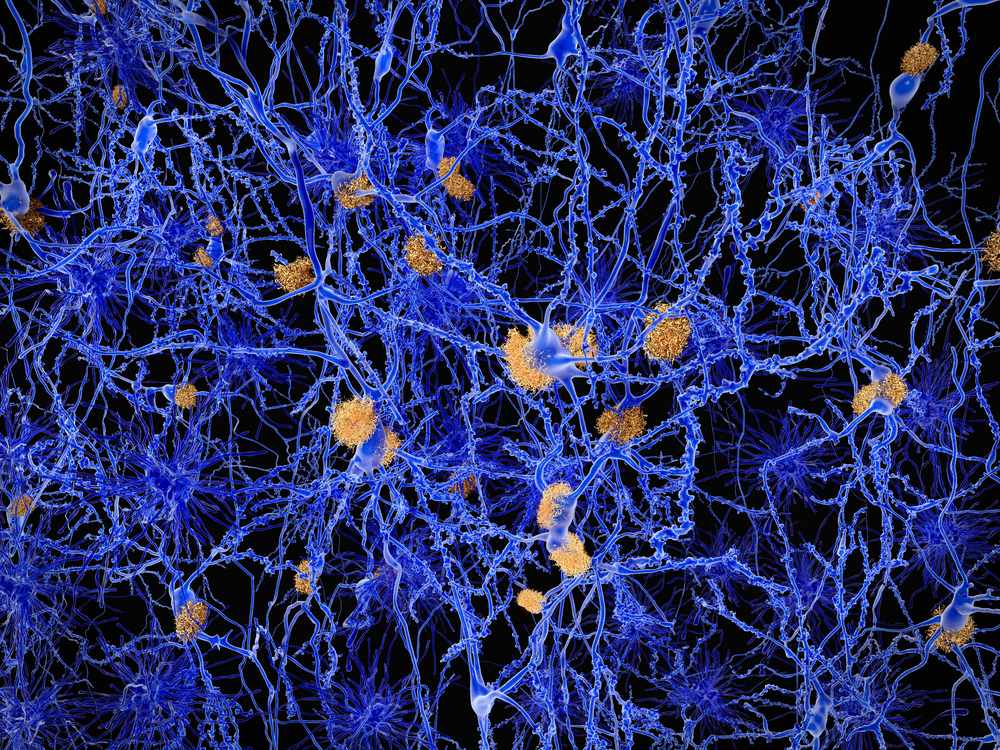-
Featured News
Mayo Clinic awarded $1.6 million in Alzheimer’s disease research state grants
 JACKSONVILLE, Fla. — Researchers at Mayo Clinic’s campus in Florida were awarded eight grants from the Florida Department of Health to investigate the prevention or cure of Alzheimer’s disease. These awards followed a peer-reviewed and competitive grant application process, where the Alzheimer’s Disease Research Grant Advisory Board reviewed applications and selected 27 studies statewide.
JACKSONVILLE, Fla. — Researchers at Mayo Clinic’s campus in Florida were awarded eight grants from the Florida Department of Health to investigate the prevention or cure of Alzheimer’s disease. These awards followed a peer-reviewed and competitive grant application process, where the Alzheimer’s Disease Research Grant Advisory Board reviewed applications and selected 27 studies statewide.
“Mayo Clinic’s Florida campus is home to international leaders in neuroscience research who are focused on addressing the unmet needs of patients,” says Gianrico Farrugia, M.D., vice president, Mayo Clinic, and CEO of Mayo Clinic in Florida. “We integrate basic and clinical research and immediately translate our findings into better patient care. We very much appreciate the state’s investment in finding solutions for Alzheimer’s disease.”
The eight projects will cover a wide scope of research in Alzheimer’s that affects more than 5 million people in the U.S. and is ranked as the sixth leading cause of death. Several of the projects will take steps to tease apart the intricate genetic pathways of the disease. Two projects address developing methods of diagnosing Alzheimer’s and understanding disease risk in African-American patients. One project explores a new avenue of treatment, enhancing the ability of Alzheimer’s drugs to enter the brain.
“The number of projects chosen at Mayo Clinic, and the total funding of $1.6 million, demonstrates the quality of science and research leadership at Mayo,” says Tushar Patel, MB, Ch.B., dean for Research on Mayo Clinic’s Florida campus. “Excitingly, nearly all of the awardees are young investigators who are thinking creatively and outside the box as they establish careers in the study of this very complex disease.”
The funding for the awards is provided by the Ed and Ethel Moore Alzheimer’s Disease Research Program, an initiative passed by the Florida Legislature and signed into law by Gov. Rick Scott in 2014.
Journalists, sound bites with neurologist Dr. Nilufer Ertekin-Taner are available in the downloads below.
MEDIA CONTACT: Kevin Punsky, Mayo Clinic Public Affairs, 904-953-0746, punsky.kevin@mayo.edu
“We’re pleased by this ongoing recognition of our long-standing work and involvement in the state of Florida and for the continued investment in our goal, which is to translate research findings into treatments that can change lives,” Dr. Farrugia says.
More than 19 percent of Florida’s population is 65 and older ─ the highest percentage in the nation, according to a Pew Research Center analysis of the U.S. Census Bureau’s 2014 population estimates. Mayo Clinic’s Florida campus is positioned with world-renowned experts; resources, such as a 5,000-specimen brain bank for studying neurodegenerative disorders; and collaborations with clinical colleagues, making Mayo’s Department of Neuroscience a world leader in its field. In addition, Mayo Clinic is 1 of 2 two medical institutions in Florida and 1 of just 3 in the Southeast that are funded by the National Institute on Aging as Alzheimer’s Disease Centers.
###
About Mayo Clinic
Mayo Clinic is a nonprofit organization committed to clinical practice, education and research, providing expert, whole-person care to everyone who needs healing. For more information, visit http://www.mayoclinic.org/about-mayo-clinic or https://newsnetwork.mayoclinic.org/.







